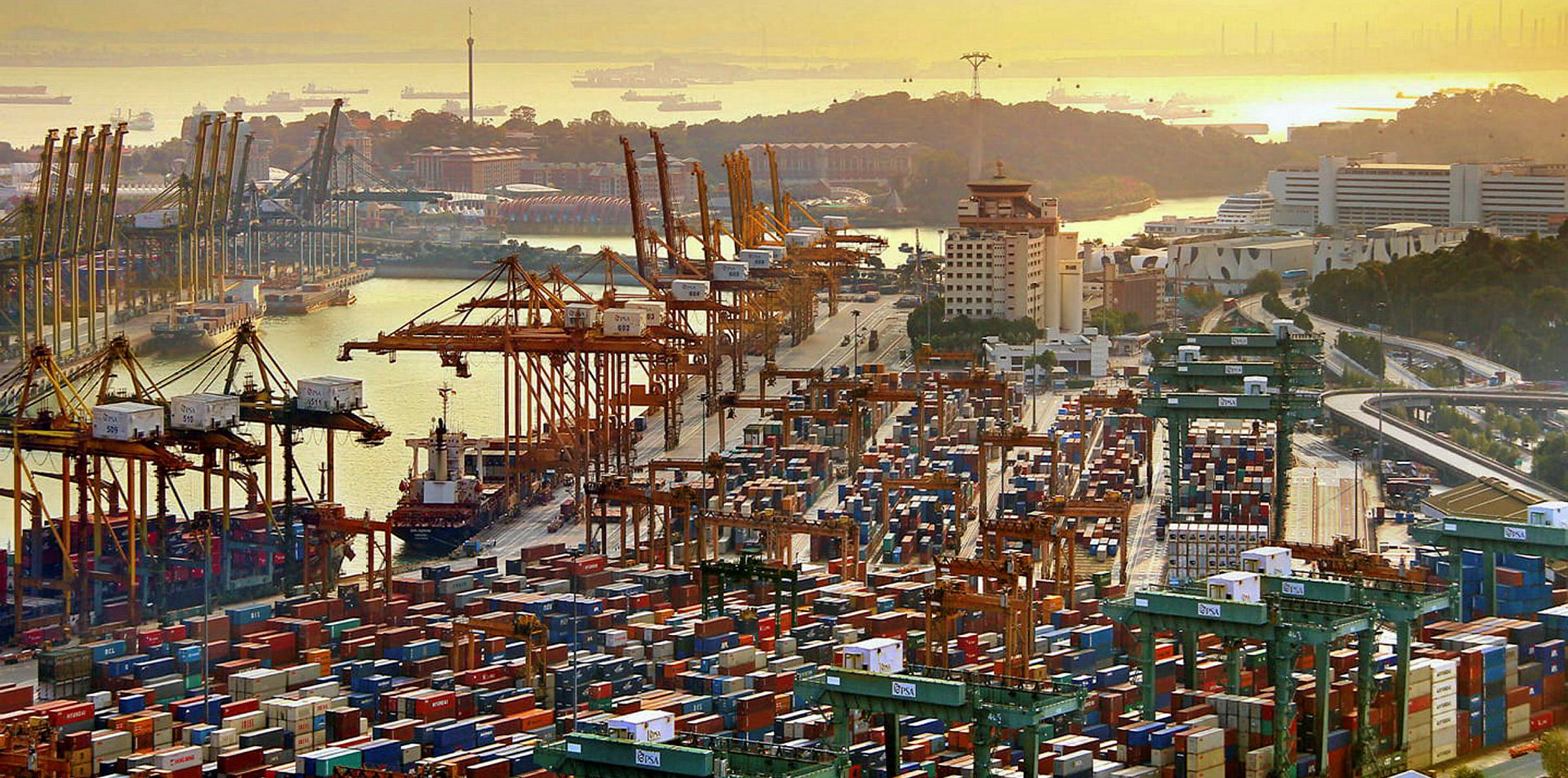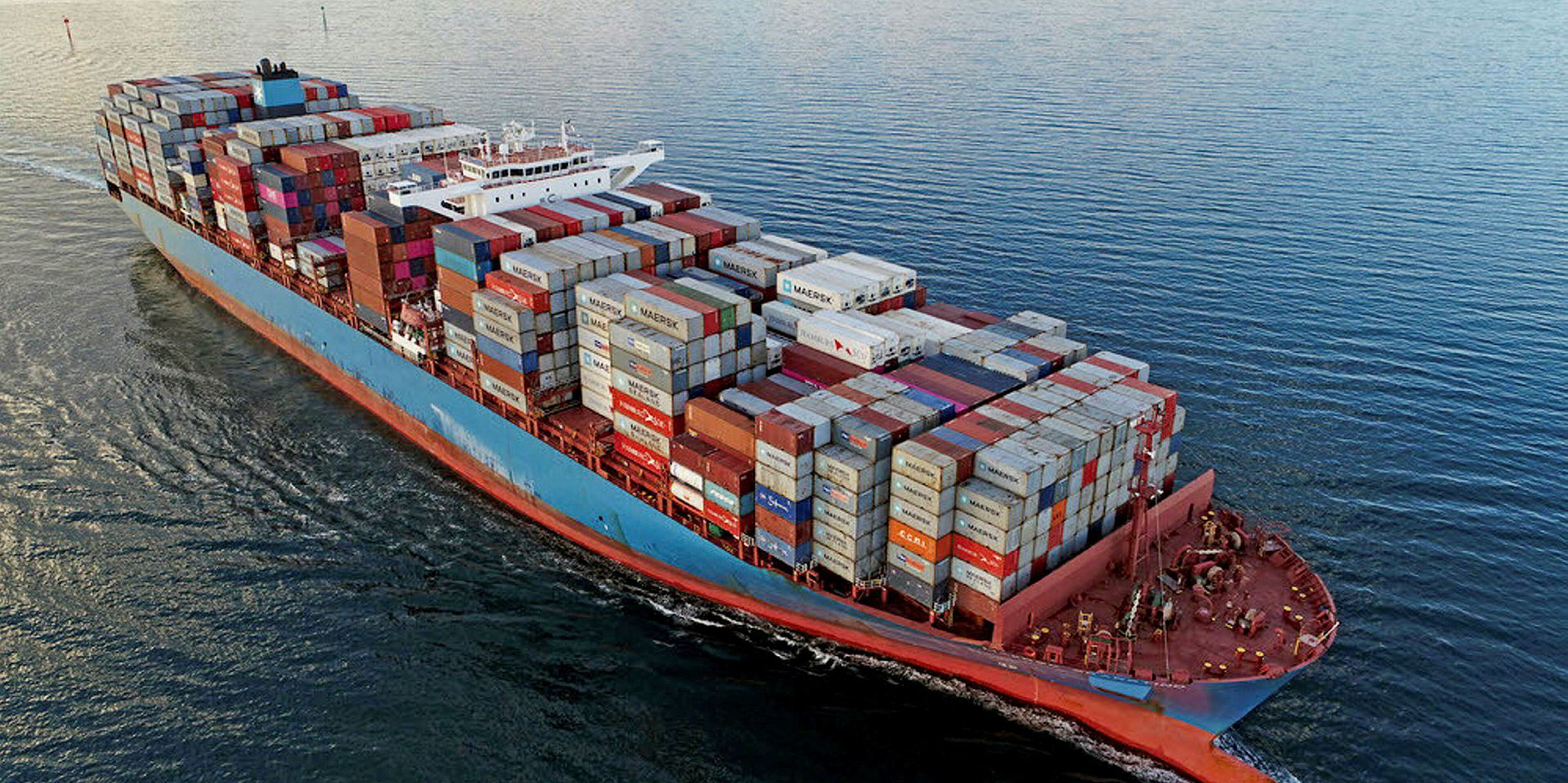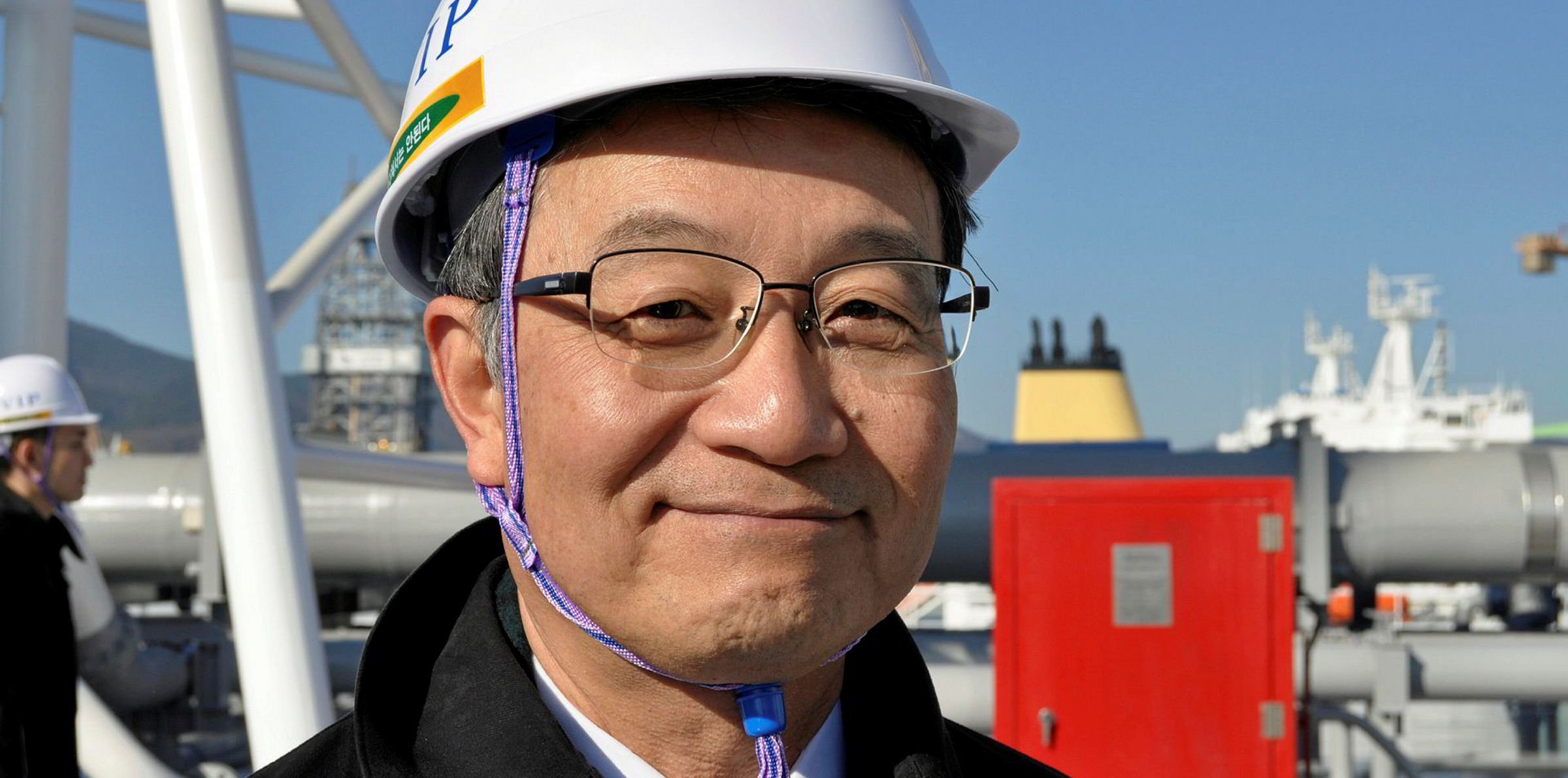A trio of Singapore terminal operators are participating in a new study into the feasibility of hydrogen as a future fuel.
PSA Corporation, Jurong Port and Singapore LNG Corp have been joined in the study by Singapore’s City Gas and Sembcorp Industries as well as Japanese entities Chiyoda Corp and Mitsubishi Corp.
The study will involve the research and development of technologies related to the import, storage and transportation of hydrogen.
A key part of the study will be to examine if Chiyoda’s SPERA Hydrogen, Liquid Organic Hydrogen Carrier (LOHC) technology will enable hydrogen to be safely transported in chemical tankers at normal atmospheric temperature and pressure.
“Powering our horizontal transport with hydrogen is just the beginning, and we will see its application expanding in the future,” said Ong Kim Pong, regional chief executive Southeast Asia, PSA International.
Jurong Port chief executive Ooi Boon Hoe said the port was working with Chiyoda as it believes that the port is “well placed to accelerate the development of hydrogen as a viable fuel option for power generation in Singapore’s transition to a low-emissions future”.
Singapore LNG chief executive Tan Soo Koong said the tie-up marked an “important first step” towards making another sustainable energy option, namely hydrogen, available for Singapore.
Last September Singapore awarded a hydrogen feasibility study to American engineering giant Kellogg Brown & Root (KBR) to assess the feasibility of importing hydrogen for downstream uses ranging from vehicle fuel to power generation.
Applications in maritime transport- such as in hydrogen-powered fuel cells for coastal shipping were also among the issues to be assessed by the KBR study.
Hydrogen is generally considered one of the world’s cleanest energy sources, emitting little else beyond water and heat.
It has been touted by scientists and companies as a potential “clean” replacement for fossil fuels such as natural gas as it does not produce carbon dioxide when burnt.






